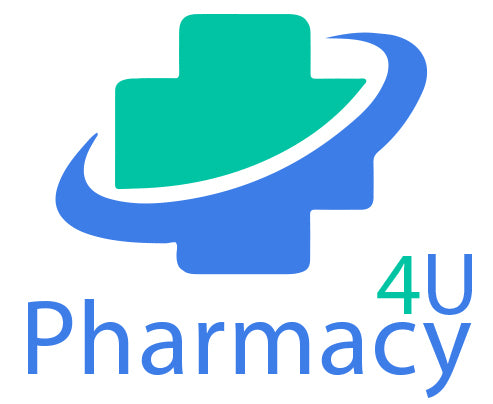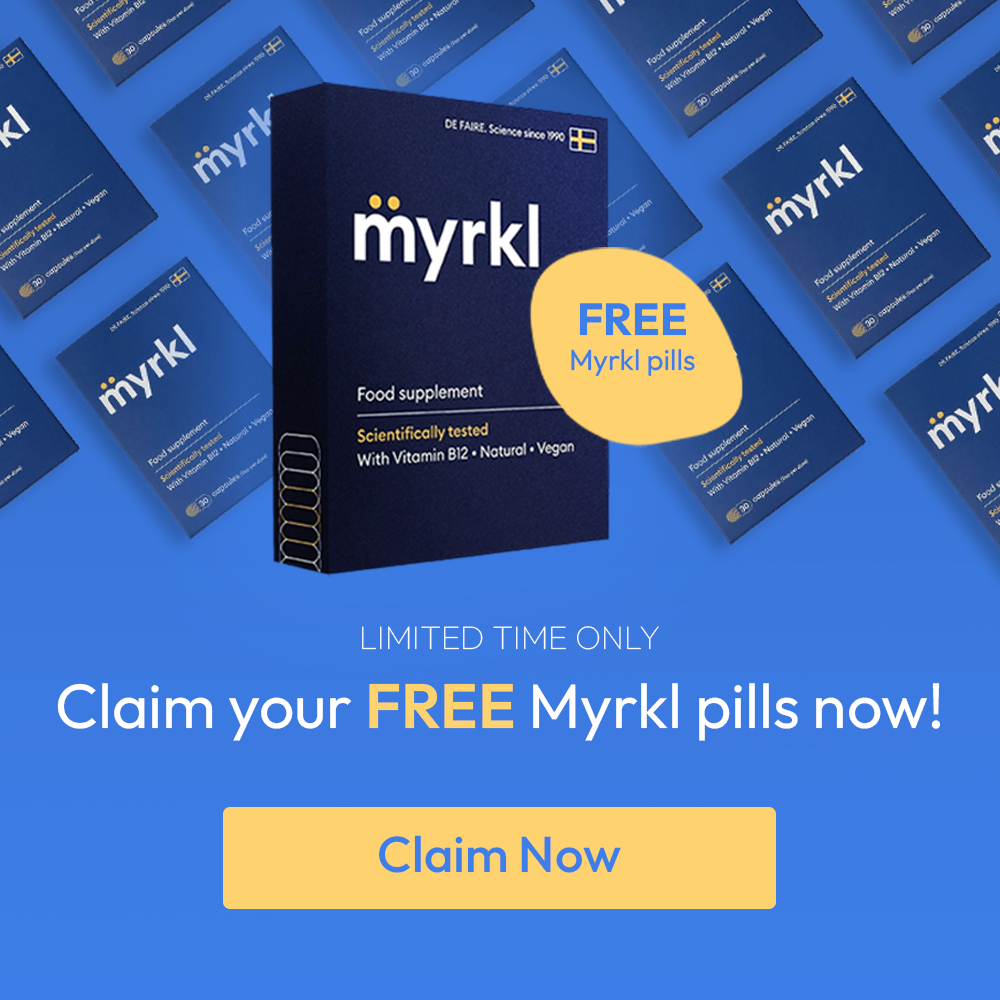The benefits of ADHD medication can bе really quite profound. Some people have described this treatment as “the difference between night and day”. However, medicine does not cure ADHD. It can only help mitigate the symptoms and help in making the condition a little less of becoming a day-to-day problem. Medications help patients pay attention, take control of emotions and calm down. It also improves the ability to plan ahead, concentrate and control impulses. Each person has different needs. This also applies when taking medications. As to ADHD, medications may work for some and may not for others.
That is why this should be closely monitored by a physician and it is always best to ask an expert about it. If the medications are not well-supervised, it may be less effective and unsafe.
Large studies show that up to 75% of adults with ADHD will benefit significantly from taking medication.
Your ADHD Under Medication
Around 80% of adults with ADHD will significantly benefit from just taking medication alone. The benefits are usually quick and quite considerable. Some individuals describe medication treatment as the difference between “Night and Day.”
However, you should understand that medication does not cure ADHD, but rather treats the underlying symptoms in the short term making it easier to focus and get on with tasks or activities that you might have previously struggled with.
Medications need to be taken regularly and safely to be effective. Prior to staring ADHD medications an ECG, physical examination and baseline blood tests will usually be carried out. It is important to monitor blood pressure, weight and pulse while taking medications.
STIMULANT Medications
The most common types of medications used for treating ADHD are stimulants. Stimulants help to increase activities of brain chemicals or neurotransmitters known as dopamine and noradrenaline. Noradrenaline is a neurotransmitter that helps to modulate excitability responses as well as the process of analysis and reasoning in us. This is what helps to decrease fatigue while also improving concentration – things that are common in individuals with ADHD.
Dopamine is a neurotransmitter that is involved in pleasure and motivation systems. It helps to move information from the brain to the body and this causes us to pay attention to a particular task that is desirable and enhances a feeling of pleasure associated with it.
NON-STIMULANT Medications
Like the stimulant medications these drugs help to strengthen the chemical signal between nerves that depend on the neurotransmitters noradrenaline and dopamine to send messages. They tend to take a longer time to start working than stimulant medications.
ADHD can sometimes be treated by using other drugs such as buproprion and antidepressant medications, especially if there are comorbid symptoms of anxiety and depression.
How long do medicines work?
1. Short Acting Doses
Some medicines last for only 4 to 12 hours and must be taken 2 or 3 times day, depending on the needs of the patient.
2. Long Acting Doses
These medicines last 12 hours up to one whole day. These are much more preferred since ADHD patients usually have a hard time remembering to take their pills.
Reported Side-effects of ADHD Medications
The majority of people that have received stimulant medication do not report any adverse side effects. Below are the most commonly reported side effects.
Sleep Issues
Medicines can cause patients to have problems in sleeping. When taken a on a later time of the day, effects may not wear off until late night and this may cause difficulty in falling asleep. It is therefore recommended to take doses earlier in the day or use medicines that are short-acting. Sleep issues can get better over time and the person under medication may take a certain amount of time to adjust to this.
Possible Delayed Growth
For some children, taking stimulants may delay growth. But after a year or two, patients usually catch up in gaining growth.
Eating Problems
Losing appetite is one side-effect of being under medication. It is therefore recommended to eat whenever you feel hungry and or switch to short-acting medicines that can wear off during meal times.Nausea, Headache and Dizziness
This can happen in the first few weeks of medication and usually wears off after sometime. However, if it continues to persist, one may change doses or change schedules.
The medications are generally safe and their effects have been studied for a long time.
Please note that mеdісаtіоn does not cure ADHD as such and only works well when you are taking it regularly. For this reason, we recommend a соmbіnеd treatment approach with оthеr evidence-based trеаtmеnt approaches including specialist ADHD behavioural therapy, coaching, diet, exercise and mindfulness practices.
Our Happy Customers
Rated Us for our Service Excellence
 Dispensed by Regulated UK Pharmacists
Dispensed by Regulated UK Pharmacists

 How it works
How it works Help
Help Account
Account
 Basket
Basket



